
Africa is a land of diverse cultures, abundant natural resources, and growing economic dynamism. Today, the continent is emerging as a global hub for tourism, innovation, and business. With over 1.3 billion people and 55 nations, Africa is redefining its place on the world stage through regional integration, investment in key industries, and a renewed focus on unified priority sectors.
“Africa’s economic growth is being driven by young, innovative entrepreneurs and government policies that encourage digital transformation,” notes a recent report by the World Bank. (Source: World Bank)
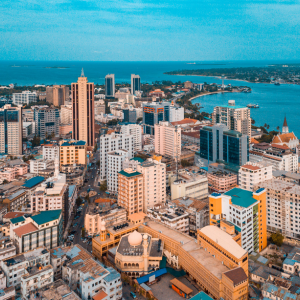
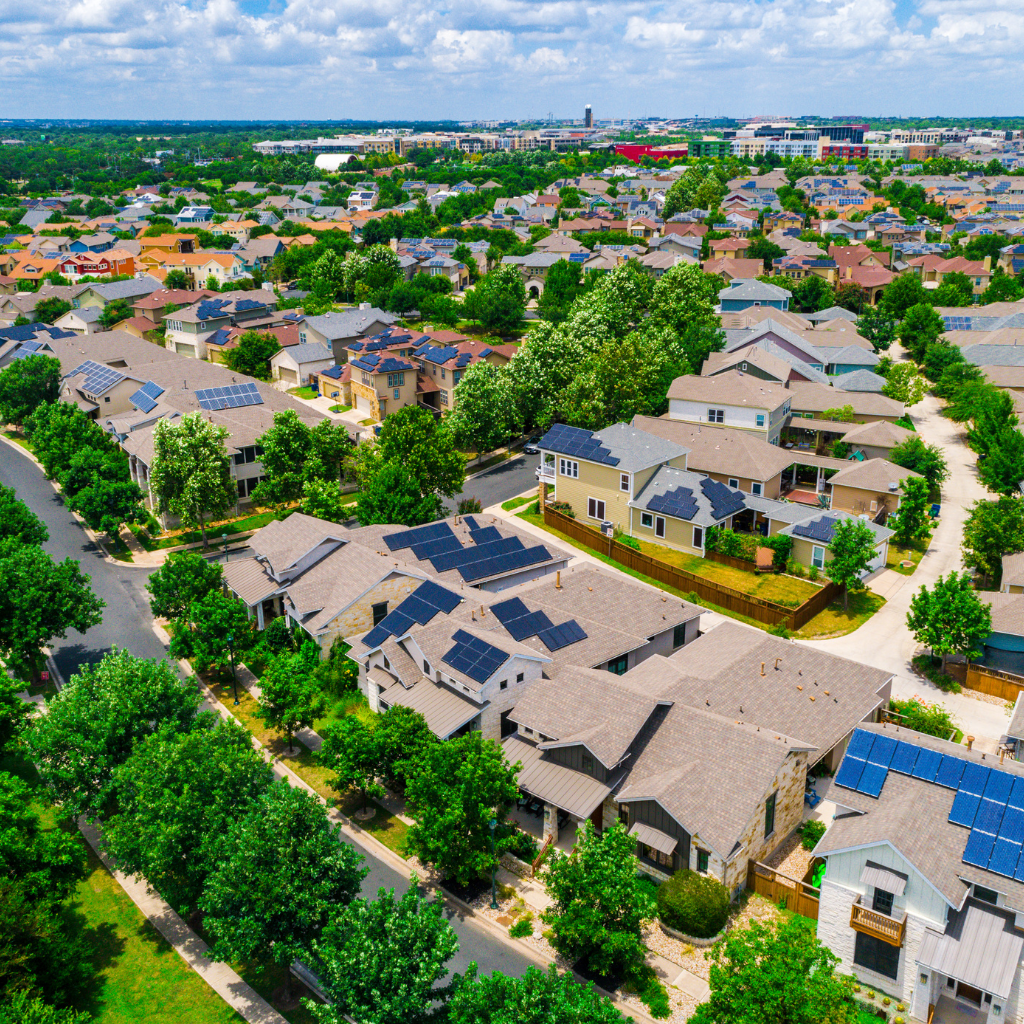
Tanzania is a destination like no other. Home to iconic attractions like Mount Kilimanjaro, the Serengeti National Park, and the exotic beaches of Zanzibar, it’s a country that celebrates both its natural beauty and cultural diversity. Tanzania is also a hub for business and investment in East Africa, offering opportunities across industries like mining, agriculture, tourism, and renewable energy. Whether you’re an adventurer, a cultural enthusiast, or a forward-thinking investor, Tanzania welcomes you with open arms.
Population: Tanzania is home to over 120 indigenous ethnic groups and a population of over 65 million people. As of 2023, their population is growing at a rate of nearly 3% annually.
Capital: The official capital of Tanzania is Dodoma, centrally located in the heart of the country. Dodoma serves as the center of government and political administration, hosting key government institutions and the National Assembly.
Commercial Hub: Situated along the eastern coastline of the Indian Ocean, Dar es Salaam remains Tanzania’s largest city and commercial hub. As the nation’s economic powerhouse, Dar is home to major industries, financial institutions, and the country’s busiest port, making it a vital gateway for international trade and business.
Languages: Tanzania has 2 national languages, Swahili (Kiswahili) and English. There are also many tribal languages spoken amongst the different ethnic communities as well. In the business world, and urban areas of the country, English is widely used.
Currency: Tanzania’s currency is the Tanzanian Shilling (TZS).
Religions: The most widely practiced religions in Tanzania are Islam and Christianity. There is also a smaller number of the population who practice traditional or Indigenous beliefs.
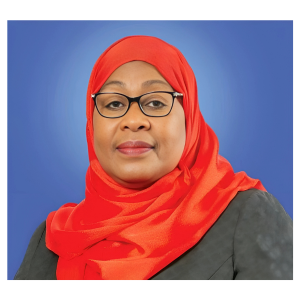
Dr. Samia Suhulu Hassan
Mama Samia is the 6th president of the United Republic of Tanzania, the largest country in East Africa. She is the first woman to hold this position. Her presidency has been characterized by an emphasis on infrastructure and investment sector promotion.
Date of Office: March 19, 2021
Political Affiliation: Chama Cha Mapinduzi (CCM)
Government Website: Start your exploration journey here!
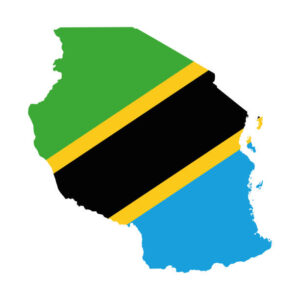
The flag of Tanzania emerged from the union of Tanganyika (mainland Tanzania) and Zanzibar in 1964. The flag’s prominent green represents Tanzania’s luscious land and rich agricultural resources. In fact, Tanzania is the largest country in East Africa and home to over 20 National Parks.
The blue seen in the flag represents
The black represents
The gold represents
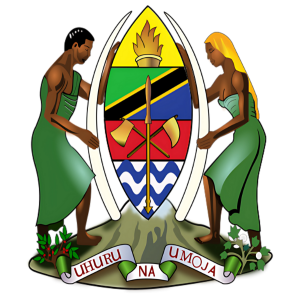
Tanzania is a destination like no other. Home to iconic attractions such as Mount Kilimanjaro, the Serengeti, and the exotic beaches of Zanzibar, it’s a country that celebrates both its natural beauty and cultural diversity.
Motto: “Uhuru na Umoja”
Translated to english this means “Freedom and Unity.”
North Africa’s economy is strongly anchored in energy production, modern infrastructure, and a flourishing tourism sector driven by its rich historical and cultural legacy. Countries like Morocco, Egypt, Algeria, Tunisia, and Libya are investing heavily in renewable energy projects alongside traditional oil and gas development, while modernizing transport networks and urban centers to bolster both commerce and visitor experiences. These efforts create a dual opportunity: leveraging millennia-old heritage to boost cultural tourism and transforming the energy sector with sustainable innovations.
Energy and Infrastructure: North Africa is renowned for its oil and gas reserves, but it is also rapidly diversifying into renewable energy. Countries like Morocco and Egypt are investing in solar and wind energy projects, modernizing transport networks, and upgrading port facilities.
Tourism and Heritage: With millennia-old history, North Africa attracts tourists to its ancient ruins, bustling medinas, and coastal resorts. This creates opportunities for hospitality development and cultural preservation initiatives.
Morocco: Positioned as a gateway to both Africa and Europe, Morocco has invested heavily in high-speed rail networks, modern airports, and renewable energy parks (e.g., the Noor Ouarzazate Solar Complex).
Egypt: The government’s ongoing infrastructure projects, including new cities and smart urban planning, are transforming Egypt into a major regional logistics hub.
Cultural & Historical Context:
The region’s deep history—spanning Pharaonic civilizations to Islamic empires—continues to attract cultural tourism and research, driving both academic and investment interest in heritage projects.
In West Africa, the priority industries revolve around agriculture and agribusiness, fintech innovation, and expanding trade and manufacturing sectors. Nations such as Nigeria, Ghana, Côte d’Ivoire, Senegal, and Benin/Burkina Faso are embracing modern technologies to enhance traditional industries, with Nigeria leading in fintech and Ghana and Côte d’Ivoire making strides in agricultural processing and trade infrastructure. The region’s dynamic market trends are supported by robust entrepreneurial ecosystems and an increasing integration of digital platforms that transform both economic output and consumer engagement.
Agriculture and Agribusiness: West Africa’s fertile lands and favorable climate position it as a powerhouse in agricultural production, with opportunities in value-added processing and agritech innovations.
Fintech and Digital Innovation: Nigeria, in particular, has emerged as a fintech hub, with a vibrant start-up ecosystem that is attracting international venture capital and driving digital financial inclusion.
Trade and Manufacturing: With expanding urban centers and improving trade routes, the region is experiencing growth in manufacturing, textiles, and consumer good production in particular.
Key Markets & Trends:
Nigeria: As Africa’s largest economy, Nigeria’s tech sector is booming alongside traditional industries like oil and agriculture. The rise of mobile money services and e-commerce platforms is revolutionizing commerce.
Ghana & Côte d’Ivoire: These nations are capitalizing on political stability and economic reforms to boost investor confidence, particularly in the sectors of mining, cocoa processing, and renewable energy.
Cultural & Historical Context:
West Africa’s rich musical, artistic, and literary traditions underscore its cultural influence. Festivals such as the Lagos Carnival and cultural heritage sites contribute to a growing tourism market that intertwines with the region’s economic expansion.
Energy & Infrastructure: N
Tanzania is a destination like no other. Home to iconic attractions such as Mount Kilimanjaro, the Serengeti, and the exotic beaches of Zanzibar, it’s a country that celebrates both its natural beauty and cultural diversity. Tanzania is also a hub for business and investment in East Africa, offering opportunities across industries like mining, agriculture, tourism, and renewable energy. Whether you’re an adventurer, a cultural enthusiast, or a forward-thinking investor, Tanzania welcomes you with open arms.
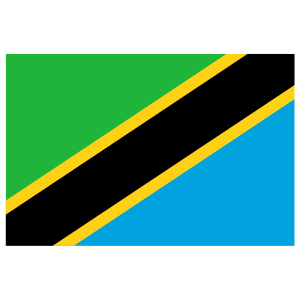
Africa’s diversity is best understood through its distinct regions, each with its own economic drivers, cultural heritage, and emerging opportunities. Our platform highlights six key “regions” — the traditional five geographic areas along with the African Diaspora, a vital extension of the continent’s economic and cultural influence.